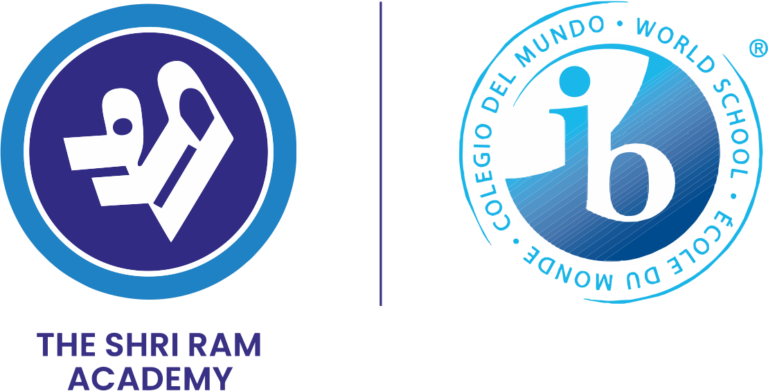Difference Between IB and ICSE: A Parent’s Complete Guide
As parents, you often find yourself asking the same question: should you choose the globally recognised IB curriculum or the academically strong ICSE board for your child? Both look promising, but the choice can feel like a turning point for your child’s future.
This blog will break down the difference between IB and ICSE in a way that is simple, clear, and relevant to you, so that you can take the next step with confidence.
Understanding IB in Simple Terms
The International Baccalaureate (IB) was founded in Geneva in 1968 and today has over 5,600 schools across more than 150 countries. It is an international programme that focuses on inquiry-based learning, where children are encouraged to ask questions, think independently, and connect classroom lessons to the real world.
IB offers a continuum of programmes:
- Primary Years Programme (PYP)
- Middle Years Programme (MYP)
- Diploma Programme (DP)
The curriculum covers languages, sciences, mathematics, arts, and humanities, with a unique structure of higher-level and standard-level subjects. This gives children flexibility and prepares them for international universities. Parents who dream of their children studying abroad often look at IB because universities value the critical thinking, creativity, and research skills it develops.
Understanding ICSE in Simple Terms
The Indian Certificate of Secondary Education (ICSE) is managed by the Council for the Indian School Certificate Examinations (CISCE). Rooted in the 1986 Education Policy, it is widely respected for its structured and balanced curriculum. The ICSE board places a strong emphasis on English, mathematics, and sciences, while also giving weight to the arts and humanities.
ICSE has a global touch too, as its qualification is recognised by UCAS in the UK. It helps children develop strong language skills, which is useful for competitive exams like IELTS and TOEFL. At the same time, the content-heavy curriculum gives an edge in Indian exams such as IIT-JEE, NEET, and CLAT. With over 2,600 schools in India, ICSE is more accessible to families compared to IB, and parents often value it for the solid academic foundation it provides.
IB vs ICSE: A Head-to-Head Look
Aspect | IB Curriculum | ICSE Curriculum |
Curriculum Approach | Concept-driven, inquiry-based | Structured, content-heavy |
Assessment Methods | Coursework, essays, projects | Exams plus internal assessments |
Skill Development | Problem-solving, research skills | Strong academics, subject mastery |
Global vs National Value | Globally recognised | Stronger national recognition |
Cost and Accessibility | Higher fees, fewer schools | More affordable, widely available |
IB vs ICSE in a Nutshell
When it comes to IB vs. IGCSE, the answer depends on your child’s style of learning and long-term goals. If your child is curious, enjoys discussions, and shows interest in studying abroad, IB can be a powerful choice. Its international outlook, flexible subjects, and project-based assessments build confidence and open doors across the world.
If your child thrives in a structured environment and may aim for national-level exams in India, ICSE can be a better fit.
What This Means for You as a Parent
The real question parents ask is which is best, IB or ICSE. The truth is, both boards are strong but serve different purposes. If you wonder, is IB better than ICSE, you must weigh your child’s strengths, aspirations, and your family’s plans for the future. At The Shri Ram Academy, Hyderabad, we bring the IB continuum to life in a nurturing campus that values integrity, sensitivity, courage, and pride in heritage.
If you’d like to see how IB can prepare your child for tomorrow, we invite you to visit us and explore our world-class facilities.
Frequently Asked Questions (FAQs)
- Is IB tougher than ICSE?
At The Shri Ram Academy, we believe toughness depends on learning style: IB builds inquiry and research, while ICSE strengthens structured academics.
- Which board is better for Indian competitive exams?
ICSE provides a solid foundation for Indian competitive exams through detailed syllabi, while IB nurtures skills useful for global studies.
- Which board has more global recognition?
IB is valued by universities worldwide, giving children an edge for international admissions.
